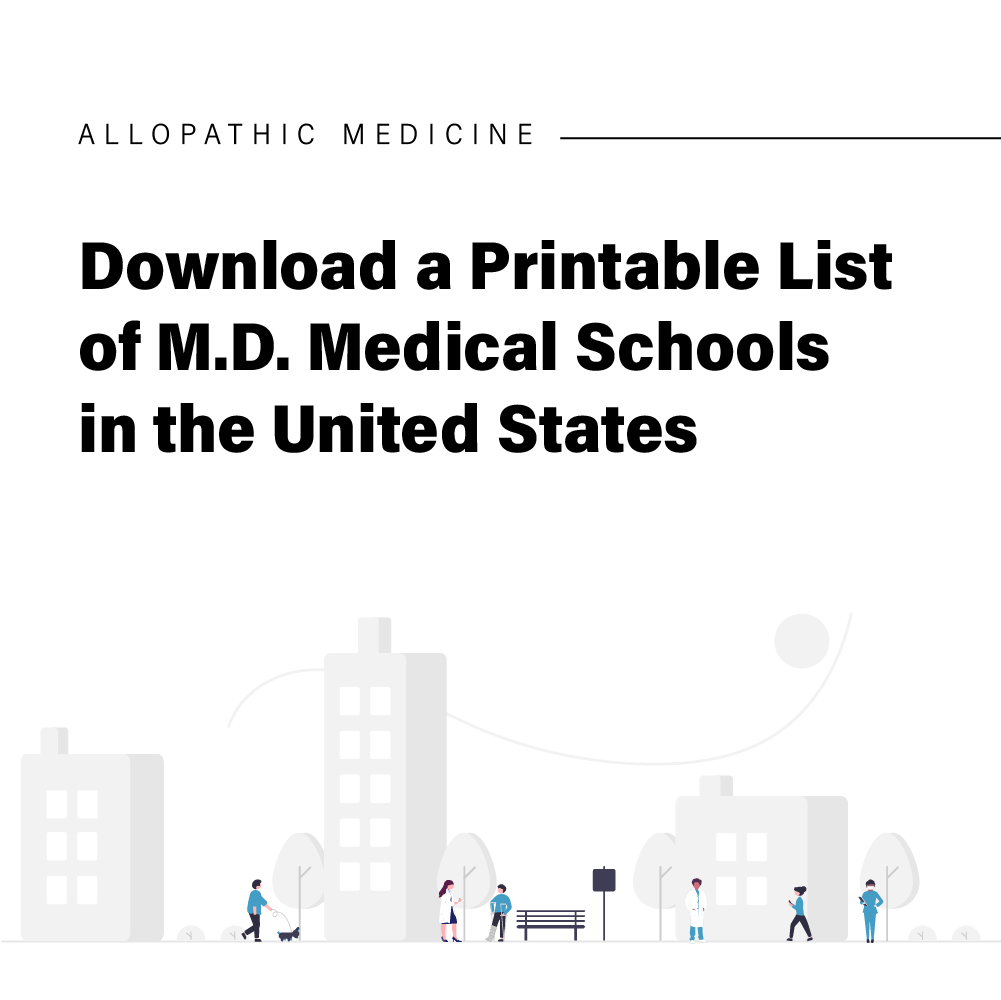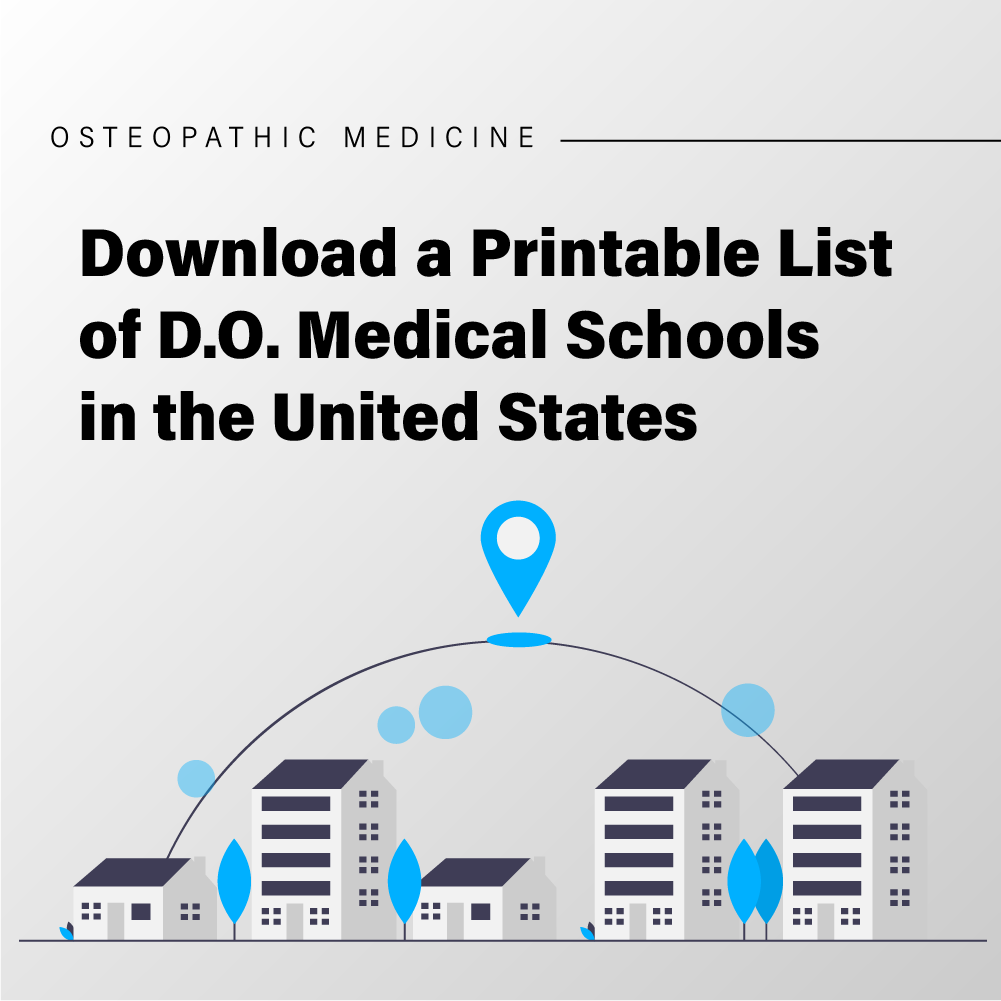When deciding what classes to take during your premed undergraduate career, you should keep in mind a list of prerequisite courses for medical schools and a list of courses that will help you sufficiently prepare for the MCAT.
In this article, we will discuss what classes to take prior to taking the MCAT exam. For these particular premed courses, we will refer to them as “MCAT prerequisites.”
Before we dive into our list of recommendations, it is important to note that the MCAT Essentials does not require any formal MCAT prerequisites. That means you are welcome to take the MCAT anytime, despite what classes you have completed in your undergraduate career.
Since the MCAT is a high-stakes exam, however, it is wise to sufficiently prepare for it. If you begin your MCAT studies without taking the MCAT prerequisites, you risk spending too much time learning new concepts when you could be mastering concepts through practice. Taking the recommended classes prior to taking the MCAT will give you a solid foundation for your MCAT studies.
Without further ado, let’s discuss the MCAT prerequisite courses.
Essential MCAT Prerequisites
The AAMC, which is the company that writes the MCAT, has outlined in a 111 page document what’s on the MCAT Exam. In this document, they break down the four sections of the MCAT (Physical Sciences, Biological Sciences, Critical Analysis and Reasoning Skills, and Psychology/Sociology) into 10 foundational concepts. In the 10 foundational concepts, there are subsections of topics. This might seem tricky, but bear with us!
Each foundational concept subsection has a list of topics that will be tested on the MCAT. If you go through the list of topics, you can see exactly what topics are tested on the MCAT exam.
The recommended courses to take before the MCAT exam include:
General Chemistry: 1 year + lab
Organic Chemistry: 1 year + lab
Physics: 1 year + lab
Biology: 1 year + lab
Introductory Biochemistry: 1 class
Introductory Psychology: 1 class
Introductory Sociology: 1 class
Helpful Advanced Courses
If you want to take additional classes to help you prepare for the MCAT, we recommend taking advanced biology courses and advanced English courses. Your general biology courses will cover topics tested on the MCAT, but only briefly. Taking advanced biology classes will help you gain a greater understanding of the material, which will help you on the MCAT.
In addition to upper division biology courses, we recommend taking English courses to help you prepare for the Critical Analysis and Reasoning Skills (CARS) section of the MCAT. If your university does not allow non-English majors to take upper division English courses, then make sure you read a lot of books, magazines, and publications throughout your undergrad career. Honing your reading comprehension skills will help you perform well on the CARS section of the MCAT.
Recommended upper-division courses to take before the MCAT exam include:
- Genetics
- Molecular Cell Biology
- Microbiology
- Anatomy
- Physiology
- Cancer Biology
- Endocrinology
- Advanced English Courses
Keep in mind, you should definitely take the MCAT essential courses listed above. These upper-division courses are simply supplemental recommendations for your MCAT success.
MCAT Prerequisites vs Medical School Prerequisites
MCAT prerequisites and medical school prerequisites often overlap. However, every medical school has their own list of required prerequisite courses. Some medical schools even have expiration dates on classes taken over 5 years ago. Therefore, it is important to create a list of medical schools you are interested in and keep an eye on their specific requirements for admissions.
Besides these formal classes, there are many online resources that can help you ace your courses and prepare for the MCAT.



